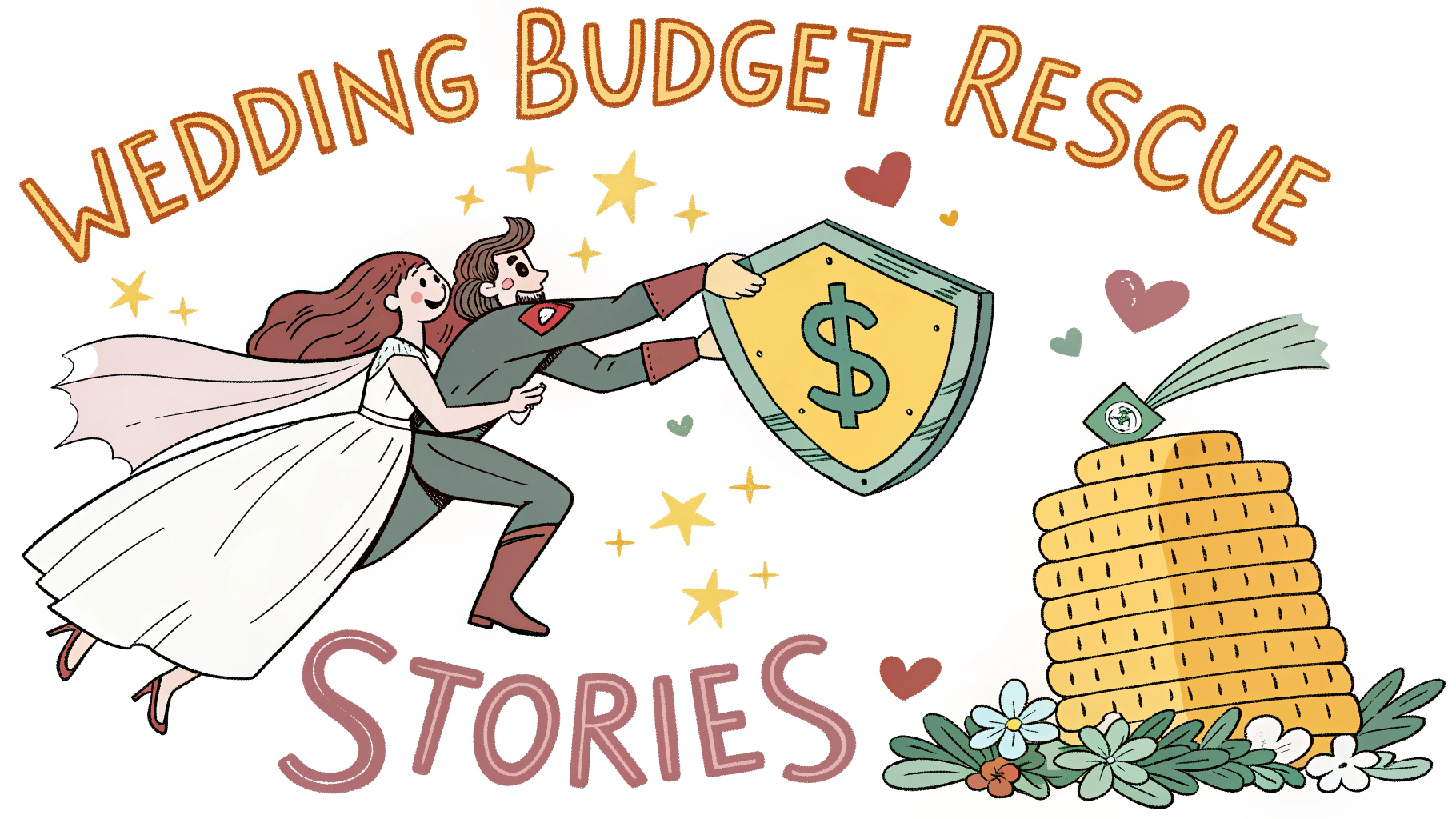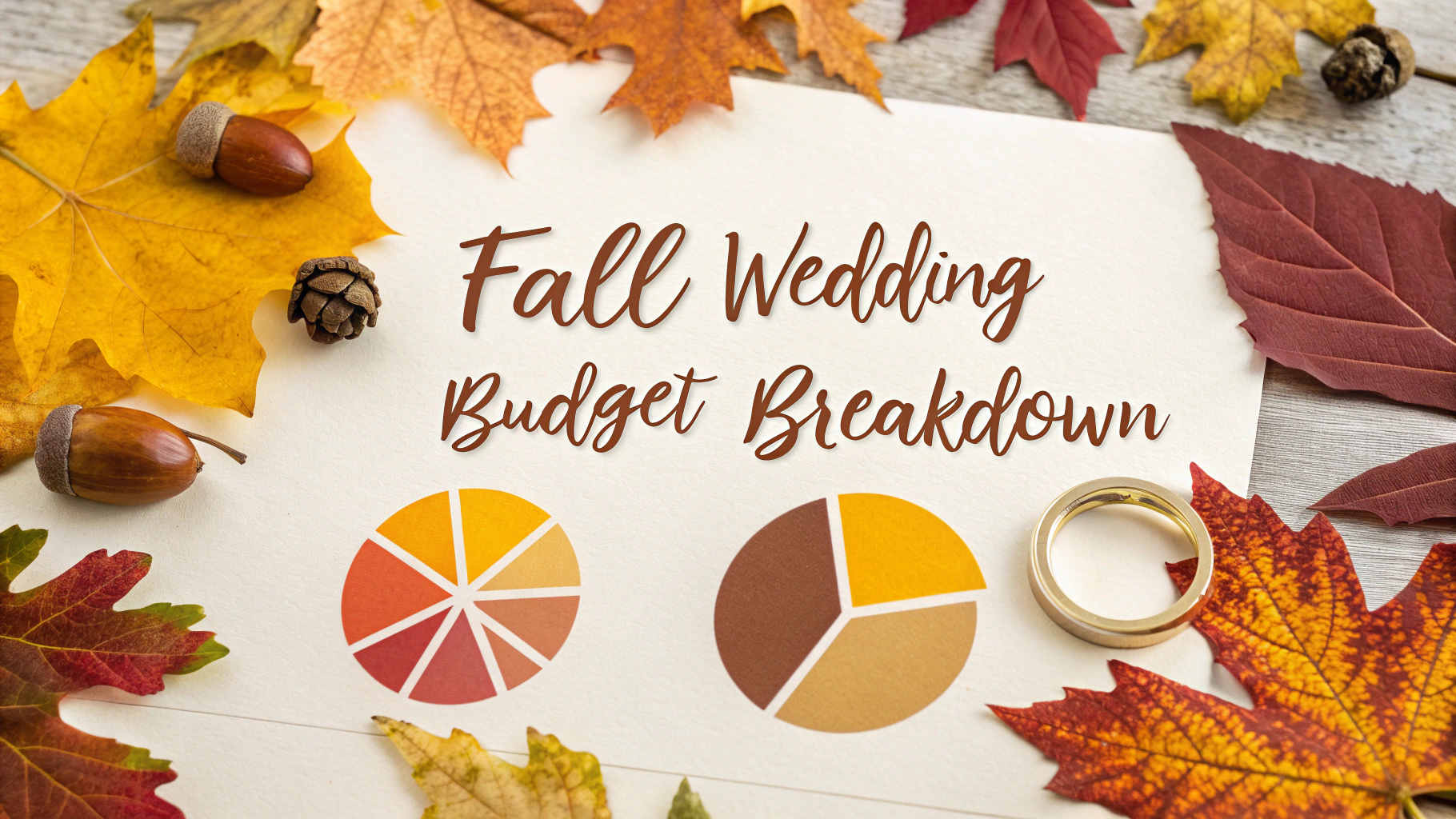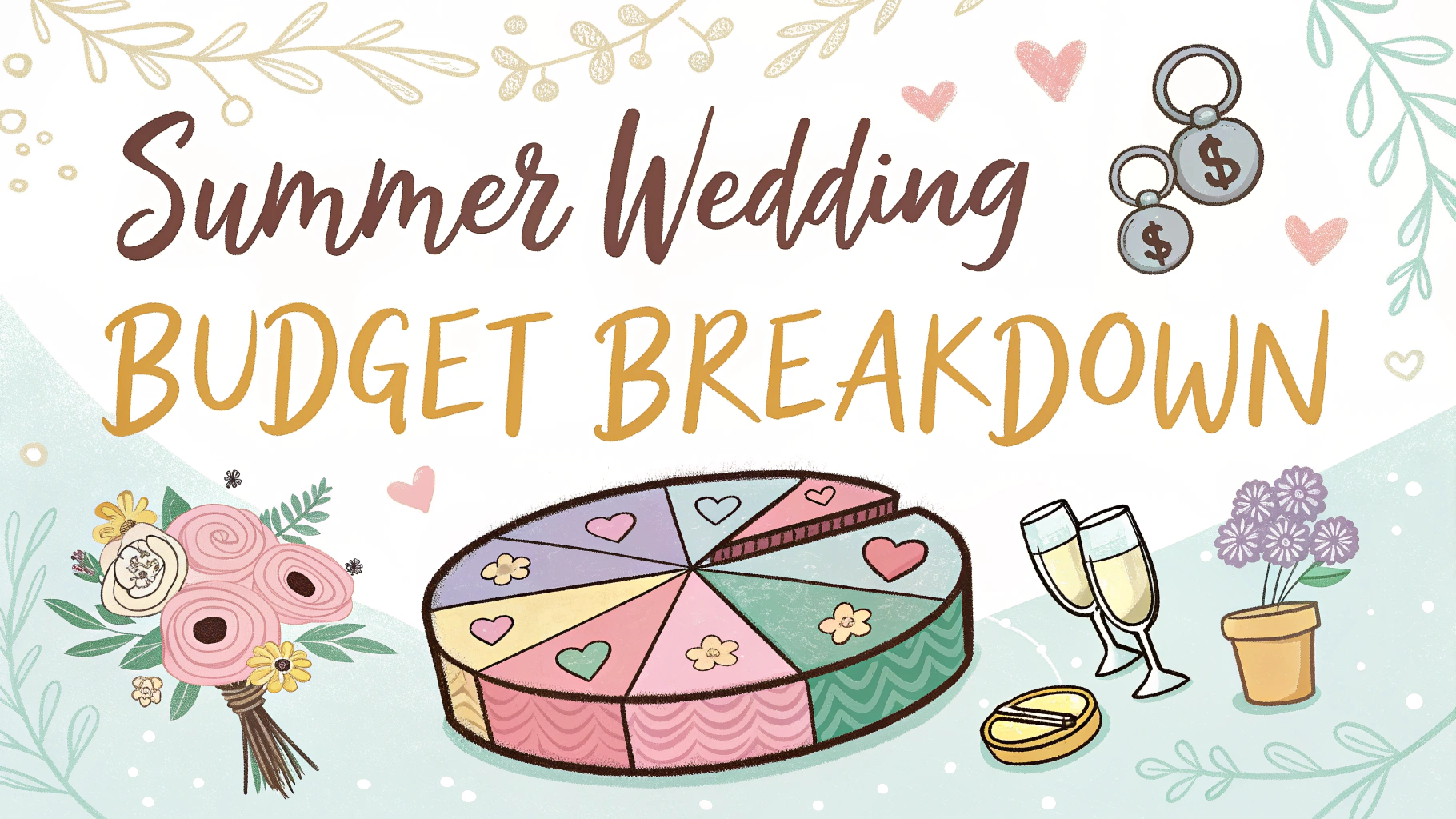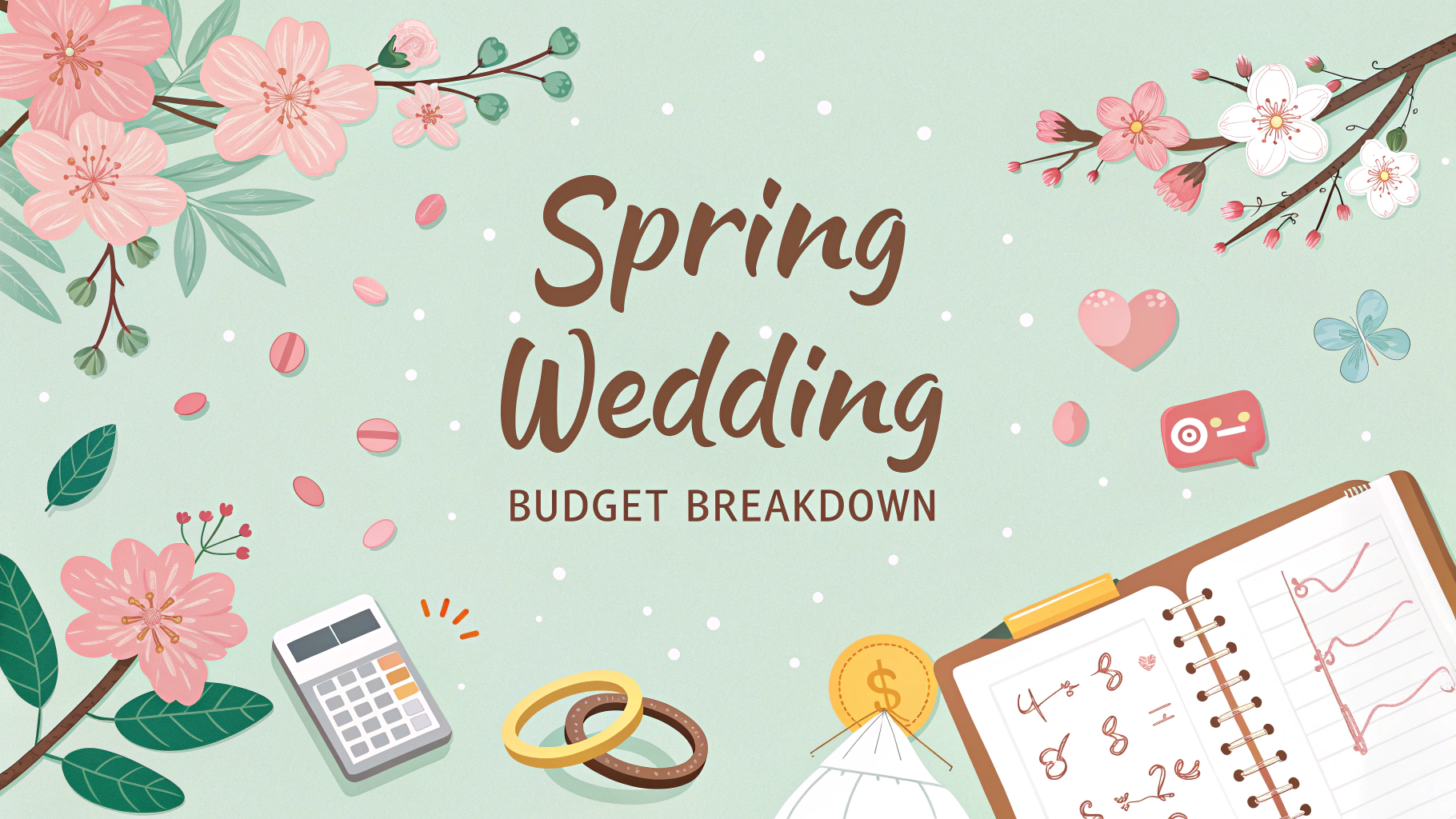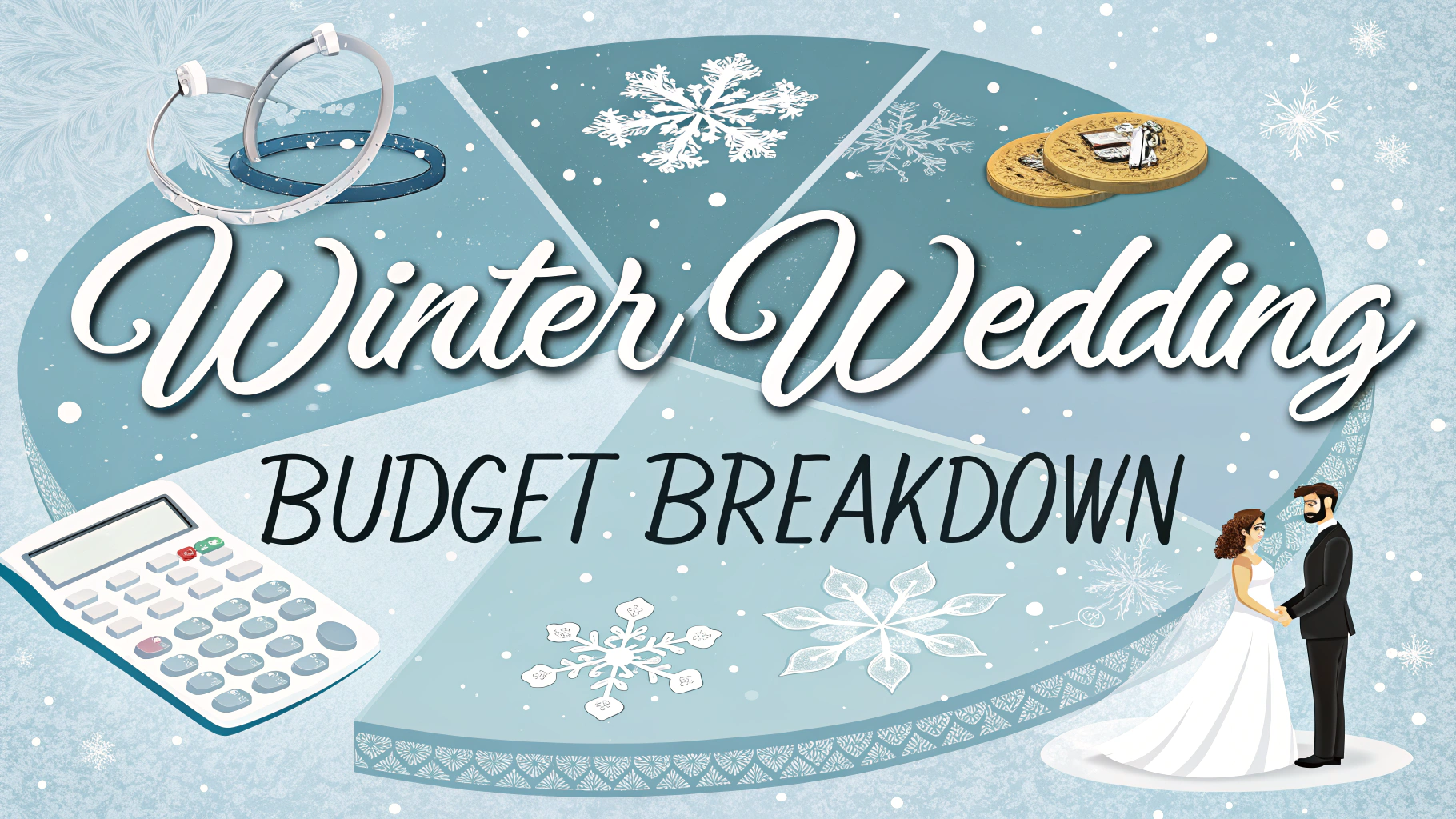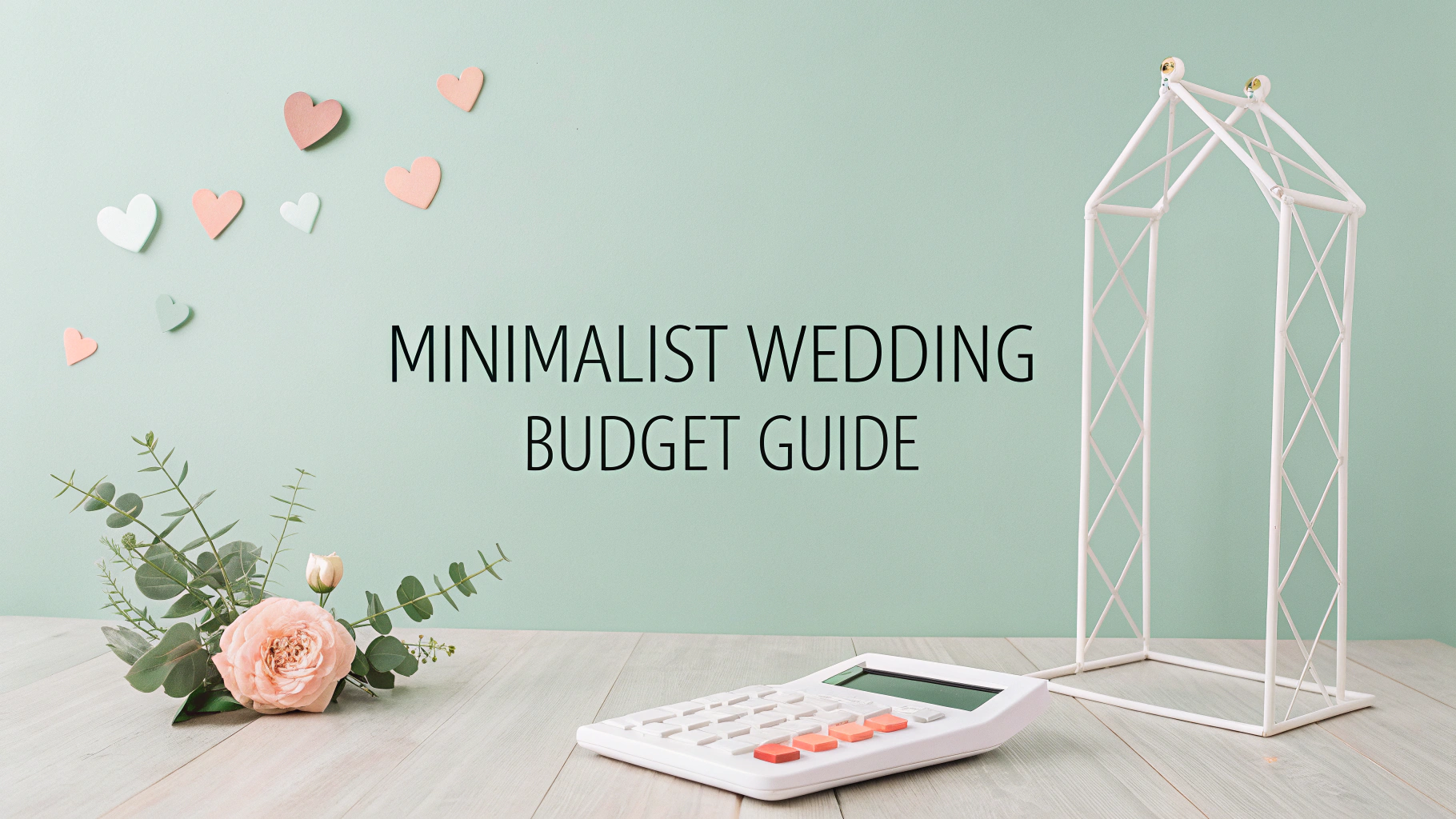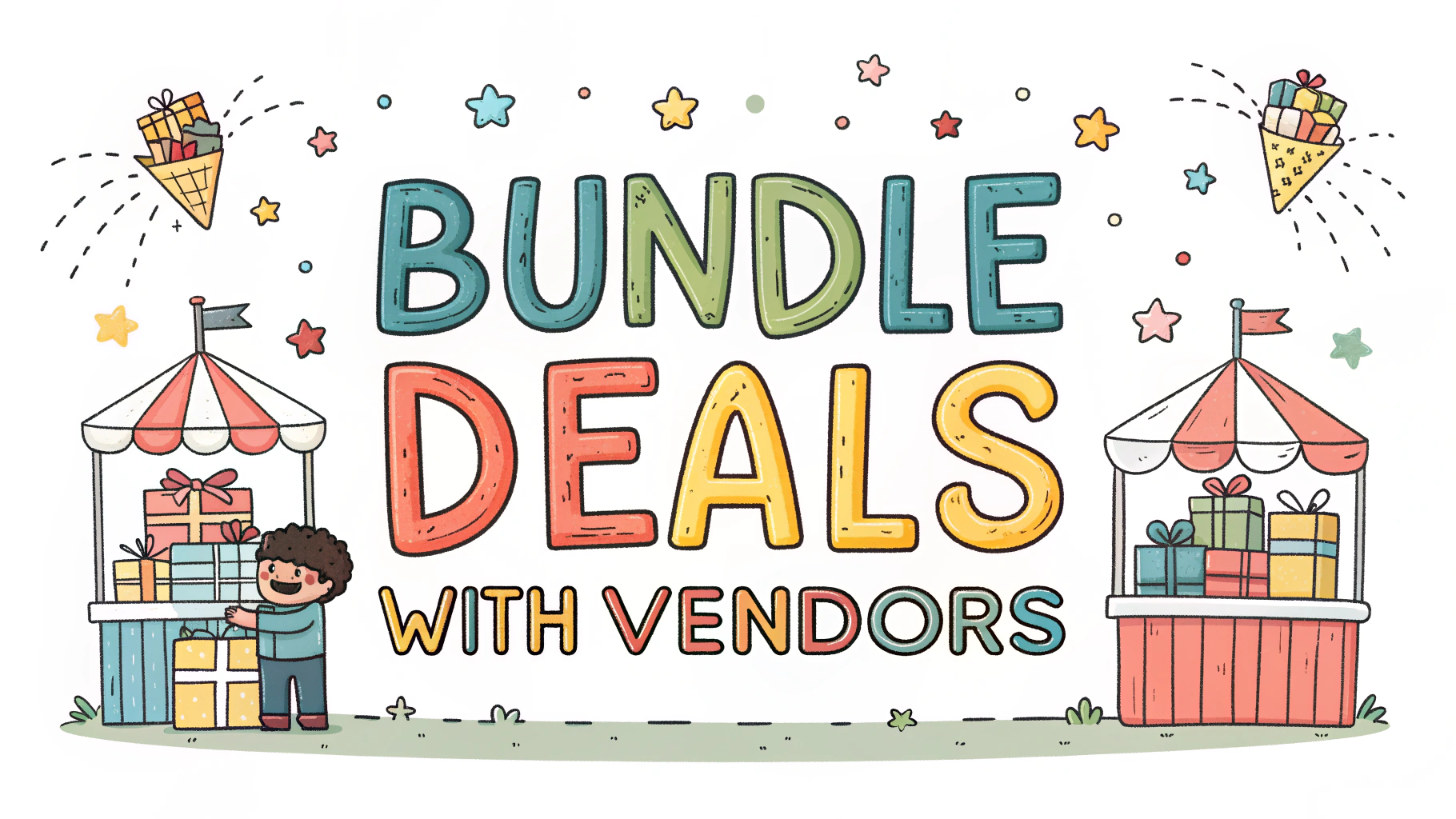Wedding vendors specializing in cultural ceremonies bring unique expertise and authentic elements that honor cherished traditions while creating meaningful celebrations.
Understanding the specific customs, rituals, and symbolism associated with different cultural weddings requires vendors who have deep knowledge and experience with these traditions.
This guide explores various cultural wedding specialists and how they contribute to preserving heritage while creating beautiful modern celebrations.
Types of Cultural Wedding Vendors
- Cultural Wedding Planners
- Specialize in specific cultural traditions and ceremonies
- Coordinate with traditional vendors and families
- Navigate cultural protocols and etiquette
- Traditional Attire Specialists
- Source authentic cultural wedding garments
- Provide proper fitting and styling services
- Offer guidance on traditional dress codes
- Cultural Cuisine Caterers
- Prepare authentic traditional dishes
- Handle dietary restrictions within cultural contexts
- Create fusion menus blending traditions
Finding Cultural Wedding Vendors
Start your search through cultural community centers and organizations in your area.
Connect with religious institutions that regularly host cultural ceremonies.
Use specialized wedding directories that focus on specific cultural celebrations.
| Vendor Type | Where to Find |
|---|---|
| Cultural Planners | Cultural wedding shows, community centers |
| Traditional Attire | Cultural shopping districts, specialty boutiques |
| Cultural Caterers | Cultural food festivals, community recommendations |
Questions to Ask Cultural Wedding Vendors
- How many cultural weddings have you handled specifically in our tradition?
- Can you provide references from couples within our culture?
- What specific cultural elements do you incorporate?
- How do you handle mixing traditional and modern elements?
- Are you familiar with our specific regional customs?
Common Cultural Wedding Specialties
- South Asian Weddings
- Mehndi artists
- Mandap decorators
- Traditional musicians
- Chinese Weddings
- Tea ceremony specialists
- Traditional calligraphers
- Lion dance performers
- Jewish Weddings
- Chuppah designers
- Kosher caterers
- Ketubah artists
Planning Your Cultural Celebration
Book cultural vendors at least 8-12 months in advance, as specialists often have limited availability.
Request detailed proposals that outline how traditional elements will be incorporated.
Consider hiring a cultural wedding consultant to coordinate with specialty vendors.
Making Traditions Work Today
Focus on vendors who can respectfully blend traditional elements with modern preferences.
Look for specialists who understand both cultural authenticity and contemporary style.
Choose vendors who can explain traditions to guests from different backgrounds.
Work with professionals who document cultural elements thoughtfully for future generations.
Working with Cultural Vendors
Establish clear communication about cultural expectations and requirements early in the planning process.
Create detailed timelines that account for traditional ceremonies and modern celebrations.
Ensure vendors understand the significance of specific customs and rituals.
Cultural Vendor Coordination
- Schedule planning meetings with all cultural specialists
- Create detailed lists of traditional items needed
- Develop backup plans for critical cultural elements
Budget Considerations
Allocate additional funds for authentic cultural elements and specialized vendors.
Consider investing in documentation of traditional ceremonies for family archives.
Cost Factors
- Imported traditional materials and attire
- Specialty performers and artists
- Cultural ceremony supplies and decorations
Creating Cultural Fusion
Balance traditional requirements with contemporary preferences.
Incorporate elements from multiple cultures when celebrating fusion weddings.
Fusion Elements
- Modern interpretations of traditional décor
- Contemporary music with cultural instruments
- Fusion menus combining cultural cuisines
Preserving Heritage Through Celebration
Working with cultural wedding vendors helps ensure traditions continue for future generations.
Document your cultural celebration through photography and video to share with family.
Consider creating a cultural wedding guide to pass down family traditions.
Legacy Planning
- Record elderly relatives explaining customs
- Create albums of traditional elements
- Share cultural significance with younger family members
FAQs
1. What types of cultural wedding vendors should I look for when planning a traditional wedding?
Cultural wedding vendors typically include specialized caterers, traditional attire designers, religious officiants, cultural decor specialists, traditional musicians, cultural choreographers, ethnic beauty specialists, and cultural ceremony coordinators.
2. How far in advance should I book cultural wedding vendors?
Most cultural wedding vendors should be booked 8-12 months in advance, especially for peak wedding seasons. Specialized vendors may have limited availability due to their unique expertise.
3. What questions should I ask a cultural wedding caterer?
Ask about their experience with specific cultural cuisines, dietary restrictions (halal, kosher, vegetarian), authentic ingredients sourcing, traditional serving styles, and familiarity with cultural dining customs and etiquette.
4. How do I ensure my cultural wedding vendor understands my specific traditions?
Request to see their portfolio of previous cultural weddings, ask for references from couples of your culture, discuss specific customs you want to incorporate, and confirm their understanding of cultural sensitivities and requirements.
5. What should I look for in a cultural ceremony coordinator?
Look for someone with experience in your specific cultural traditions, knowledge of religious or cultural protocols, ability to coordinate with religious venues, and understanding of traditional ceremony timing and sequence.
6. How can I verify a cultural wedding vendor’s authenticity and expertise?
Check their credentials, read reviews from couples of similar cultural backgrounds, ask about their training or cultural background, and request to see documentation of their experience with similar traditional weddings.
7. What role do traditional musicians play in cultural weddings?
Traditional musicians perform ceremonial songs, cultural wedding music, and specific traditional instruments required for rituals. They should know the appropriate music for different ceremony phases and cultural celebrations.
8. How do I coordinate multiple cultural wedding vendors for a fusion wedding?
Hire a wedding planner experienced in fusion weddings, create a detailed timeline incorporating both cultures’ requirements, ensure vendors can collaborate on fusion elements, and conduct a detailed pre-wedding meeting with all vendors to discuss cultural protocols.
9. What should I consider when hiring cultural attire and jewelry vendors?
Consider their expertise in traditional measurements and fittings, knowledge of cultural symbolism and appropriateness, authenticity of materials and designs, and ability to source specific traditional elements.
10. How do I handle language barriers with traditional wedding vendors?
Work with vendors who provide translation services, bring a family member or trusted translator to meetings, ensure all contracts are clearly understood, and maintain written communication for important details.

